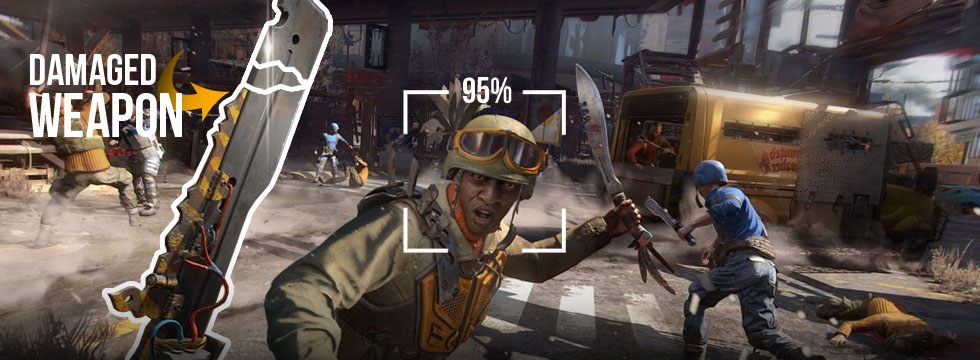Your computer is a fraud. All the game mechanics we despise

- 95% Chances of Success and I Missed?! Game Mechanics We Hate
- Force of entropy – weapon wear
- Level scaling – David becoming Goliath
- Quick-time events
- RNG
- You're overloaded!
- Save the game only once!
- Killstreaks – Massacre of the Innocents
- Your computer is a fraud
- The Witcher sens(l)es(s)
Your computer is a fraud
Cheating in game design is one of the widely accepted (although lousy) means of boosting artificial intelligence. Have you noticed that in Assassin's Creed Odyssey, the darn mercenary always seems to patrol the street exactly around the place where you happen to be hiding? Seemingly randomly, he stays in the area, surveying alleyways, walking in the surrounding squares. Are you launching a silent assault on another Athenian camp? You bet your ass he'll show up in a minute. Maybe he just was in the neighborhood and decided to take a look. No, he just knows where you are.

The greatest agony is caused by cheating RTS games. The Civilization series is famous for such moves. In the first Civilization, the computer always had the upper hand with research and building world wonders, and it could even build a spaceship without the right technology. In Civilization 3, the enemy saw through the fog of war and always attacked those cities that were the least protected. To make it even worse, some raw materials couldn't be spotted on the map until you discovered a special technology. This did not apply to computers, which could set up cities alongside the "invisible" deposits of raw materials. In Civilization 5, you couldn't build cities too close together. Which doesn't apply to the AI.
. This isn't the malevolence of the developers, but an attempt to create a competitive AI. That's not a huge problem until it turns out that the computer is obviously cheating. But let us wonder if we, brothers, are without a sin. Do we not cheat, even by just reducing the difficulty level (thus getting bonuses to many mechanics)? By using strategies we wouldn't use in case of humans? Now I'm not defending unfair AI, but the thing is... we often are equally unfair.







